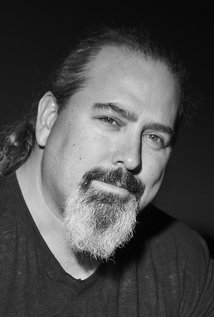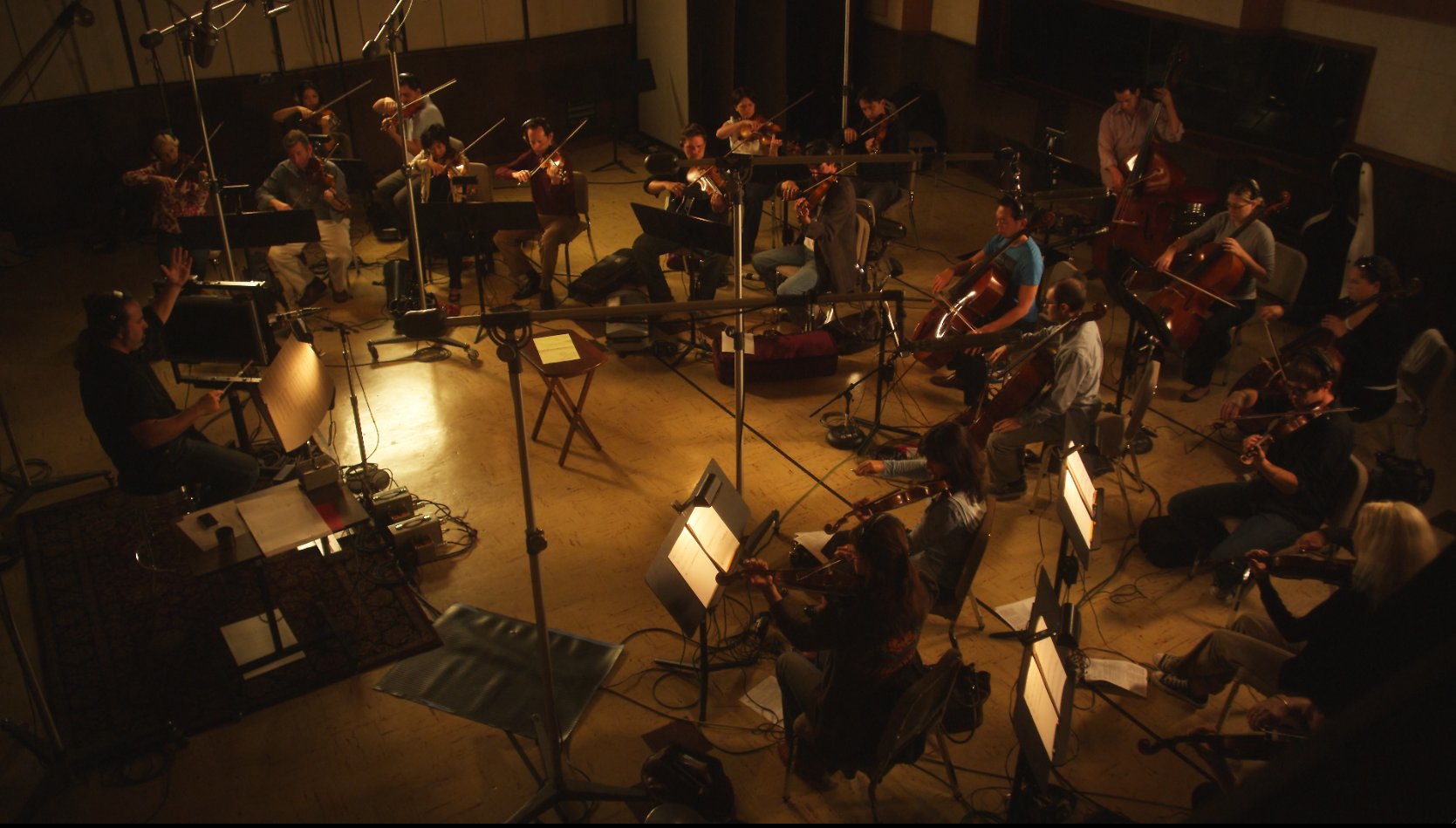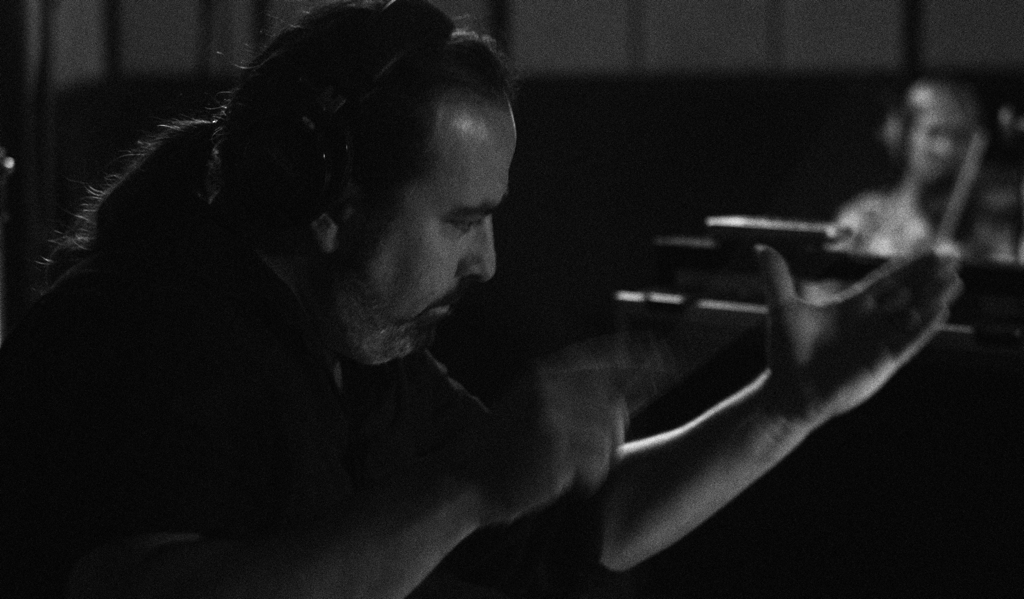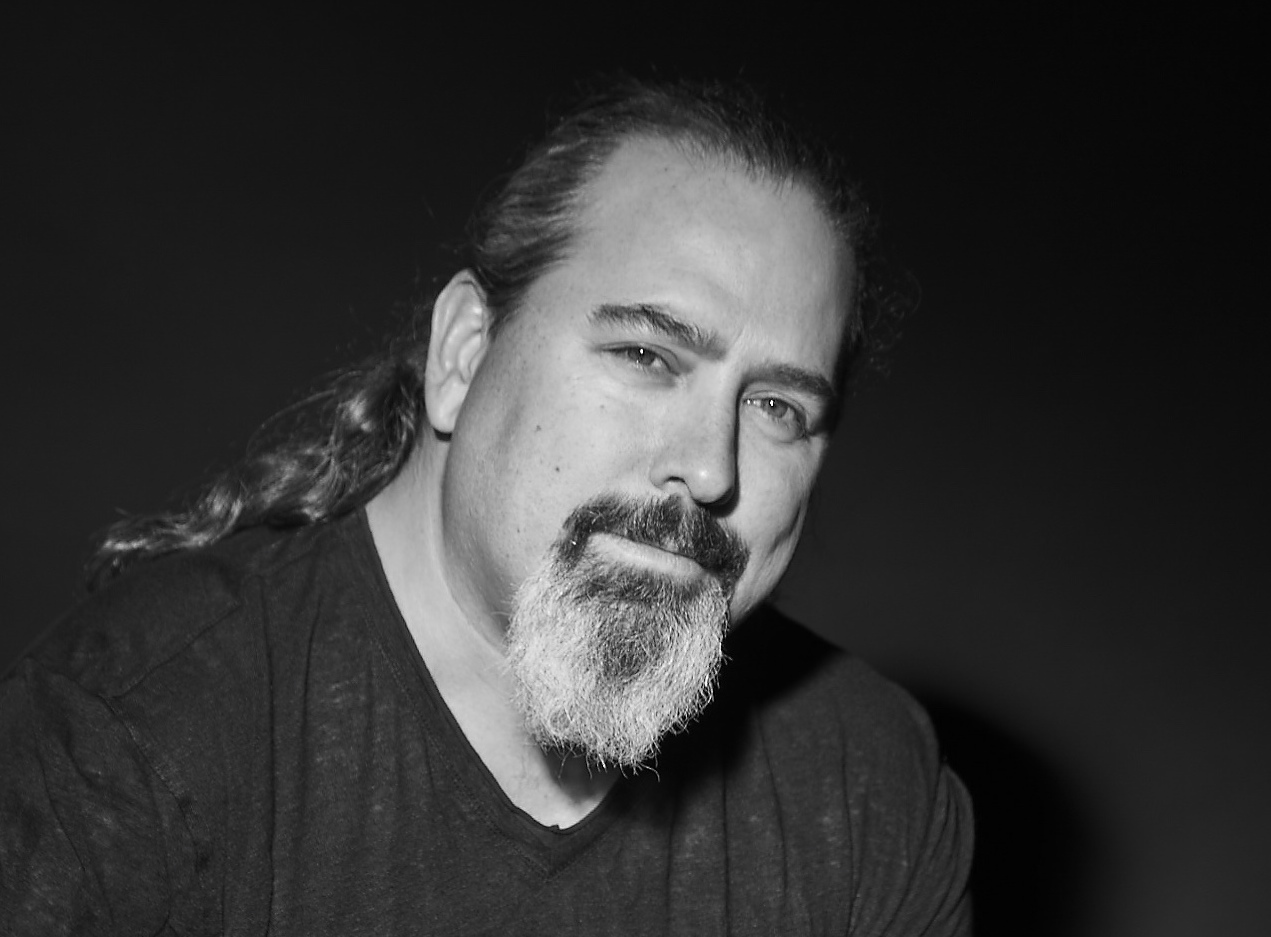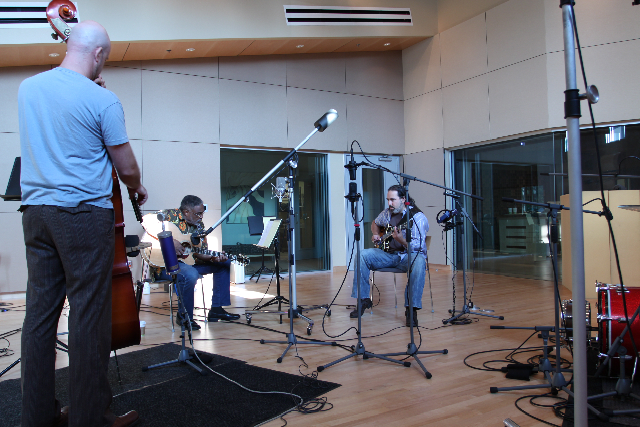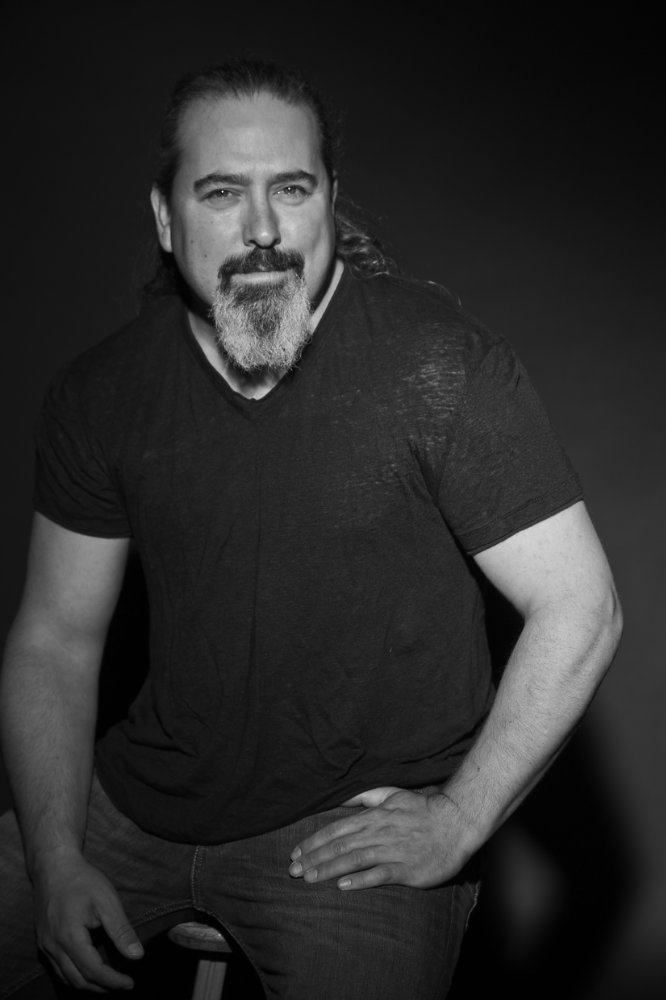Tree Adams approaches the sound of a wooden spoon mashing potatoes, church bells tolling in Corsica, or air/a signal pushing through a tube mic pre with equal interest. Any of these could inspire a fresh way to tell a story with music, which is what he does. Equally at home conducting a large orchestra, programming beats in the studio, cranking out...
Show more »
Tree Adams approaches the sound of a wooden spoon mashing potatoes, church bells tolling in Corsica, or air/a signal pushing through a tube mic pre with equal interest. Any of these could inspire a fresh way to tell a story with music, which is what he does. Equally at home conducting a large orchestra, programming beats in the studio, cranking out loud guitar solos in an amphitheater or arranging vocal parts with a gospel choir, Tree lives to create original and unique work for his every project.Over the past 20 years, Tree's adventures in film and television have given him the opportunity to collaborate with great talent in diverse styles. Recent projects include a haunting battle score for Jason Rothenberg's "The 100" (CW.) The score is rife with middle eastern colors and epic orchestral themes. Ken Biller's international espionage thriller, "Legends" (TNT) features a more minimalist approach combining solo cello and electronic soundscapes. For the John Hertzfeld's redemption film "Reach Me" (MIllenium Films), a traditional orchestral score. A gritty rock score for "Californication" (Showtime), an urgent cerebral score for the crime drama, "Perception" (TNT) a high energy electronica score for action/thriller "Run" (Millenium Films.) A dusty western score for "Swelter" and hip hop for Denis Leary and Bob Fisher's comedy "Sirens" (USA).Tree was somewhat reluctantly immersed in classical piano training at an early age. When he was around 10 years old, he heard Hendrix, at which point he picked up the guitar and found his love o' the sport. He spent most of the '90s on the road as the front man for a rock band called the Hatters, who released several records on Atlantic. They were road warriors, touring with bands like the Allman Brothers, Tribe Called Quest, King Sunny Ade and Jimmy Cliff. While in the studio recording the band's last album, Tree had the opportunity to produce an end title song for a studio feature film and he had his first taste of music as an applied art. He found the process of working to picture exciting and intriguing and when his band dissolved later that year, Tree set out on a new course as a composer.Since then, Tree has enjoyed collaborating with filmmakers to craft music with storytelling. He says that typically, a composition forms in his head before he even picks up an instrument and often, the centerpiece of an idea will evolve by experimenting with a sound or a piece of gear in the studio in the initial stages of the process. Although his primary skills as a performer are as a singer and a guitarist, he employs a much more expansive palette with his adventures in film and television.Born in Berkeley, raised in New York City, Tree lives on the east side of Los Angeles with his wife and kids.
Show less «

